This coming Thursday, April 4, the MICE sector will observe the Global Meeting Industry Day, a special occasion for a field that, according to Luis Ricardo Martínez, president of the Panamanian Association of Professionals in Congresses, Exhibits, and Related Activities (APCCE), represents an economic impact of 7% of the GDP of countries where tourism is a major source of income.
The million-dollar question is, how is Panama’s MICE industry doing? Taking into account that, according to Martinez, there is no way of knowing how many visitors exclusively arrive to participate in meetings, congresses or incentive-related activities (due to the fact that for the Office of the General Comptroller of the Republic, all visitors to Panama are counted as “tourists”), a majority of the local and international figures that have been interviewed by this media platform coincides that Panama is becoming a fashionable destination for meetings and conventions.
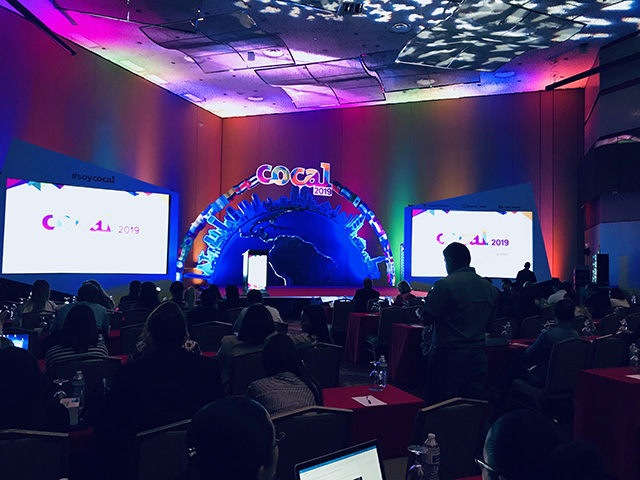
Cocal 2019 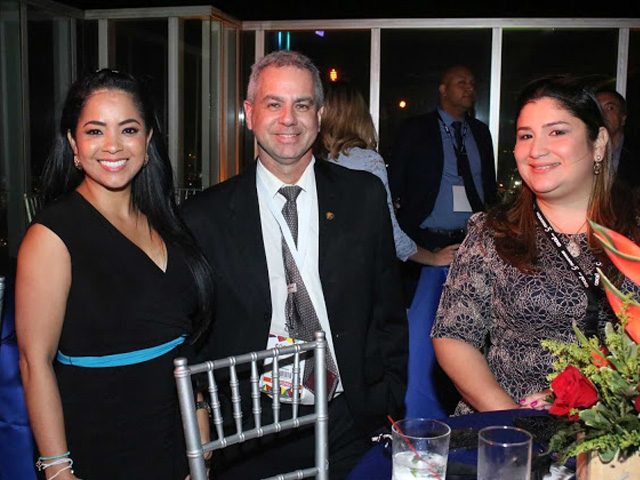
Coctel de Cocal 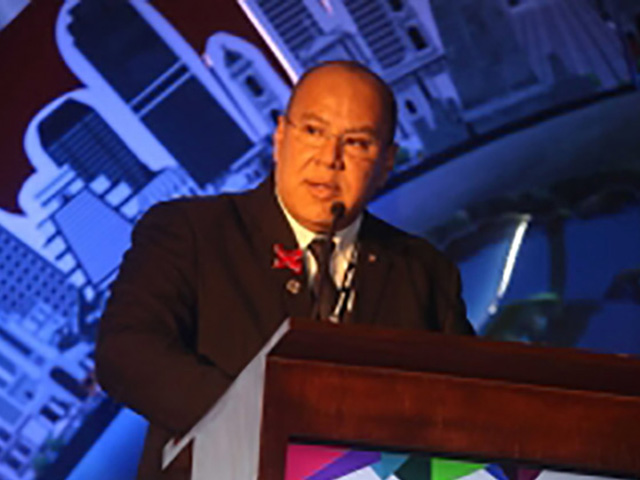
Luis Ricardo Martínez 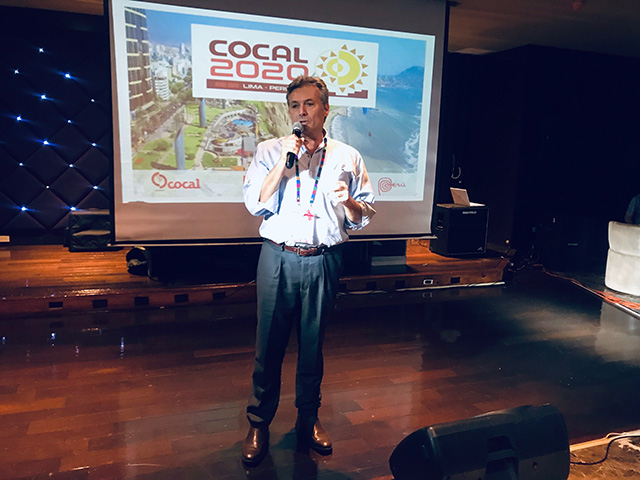
Pablo Weill
Sí. Yes. There is no doubt that Panama is gaining momentum as a regional MICE destination, thanks in part to the country’s excellent aerial connectivity and its impressive hotel & conventions infrastructure, which is capable of hosting –in the words of Armando Rodríguez, president of the Panamanian Hotel Association (APATEL)— “…82% of the meetings and conventions that are organized around the world at any given time”. A proof of this has been the hosting of a string of major world-class conferences in recent weeks, such as the 29th International Pediatric Association Congress, which was one of the 11 top-notch events which have been programmed between 2019 and 2022.
It was precisely the recent hosting in Panama of one of the most important MICE regional conventions, however, that revealed a few of the country’s flaws with regards to one of the world’s fastest-growing and financially lucrative industries. We are referring to the Cocal conference, which took place March 12-15 at Panama City’s Megapolis Convention Center.
It was during one of the presentations at the aforementioned convention that Elizabeth Tovar, Cocal’s Executive Secretary, revealed an issue of concern that affects a pivotal element of the local MICE industry. She said, “A number of local hotels are reporting a 37% occupancy rate”. It should be underlined in this regard that Panama’s high hotel season ends on April 15.
In order to draw a more comprehensive picture of the strengths, weaknesses, and opportunities of Panama’s MICE industry, Meetings Panama approached a group of guest speakers of the aforementioned activity; many of them, well-respected, world-class figures. This is what they had to say:
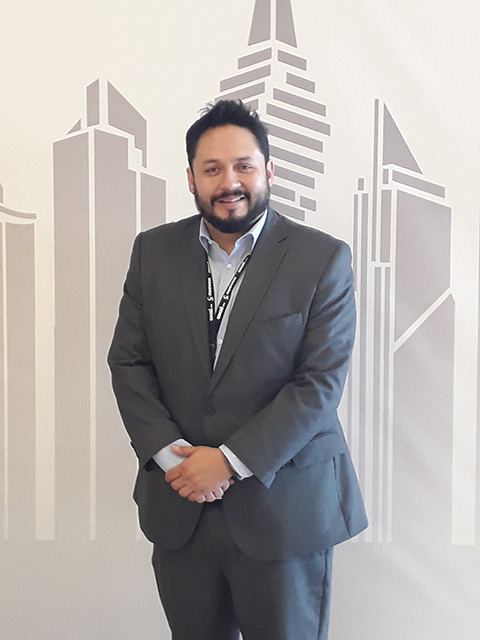
David Hidalgo 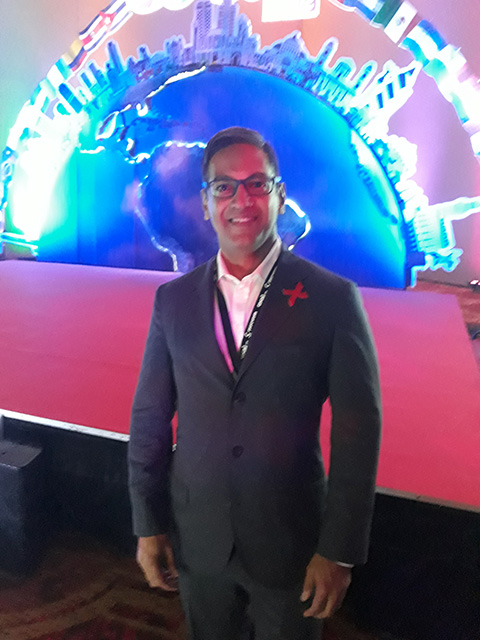
Sherriff Karamat
“I was very impressed with the warmth and expressiveness of Panama’s people. There is no commercial growth in any city or country if its people are not taken into account. Your country has very a very impressive infrastructure, such as your beautiful buildings and the Canal, but it is necessary for you to understand that the development of your people is what counts the most, even in the context of industries as pivotal for Panama’s economy as transport and logistics. If you take your people into account, things will start to pick up, not only for the MICE industry but for the rest of the country as well”. Sherriff Karamat, Presidente y CEO de PCMA, Estados Unidos.
“Teamwork is key in the meetings-and-conventions field. Companies, the government, and NGOs ought to sit together to plan objectives and work, hand in hand, for a common goal. It is also necessary to create a national brand through which all members of the industry can communicate the same message in order for the market (the buyers) to realize that, in any particular city or country, there is a team that will support and accompany clients in their quest for objectives. The lack of teamwork is a recurrent problem throughout Latin America”. David Hidalgo, Director General de IBTM Américas, México.
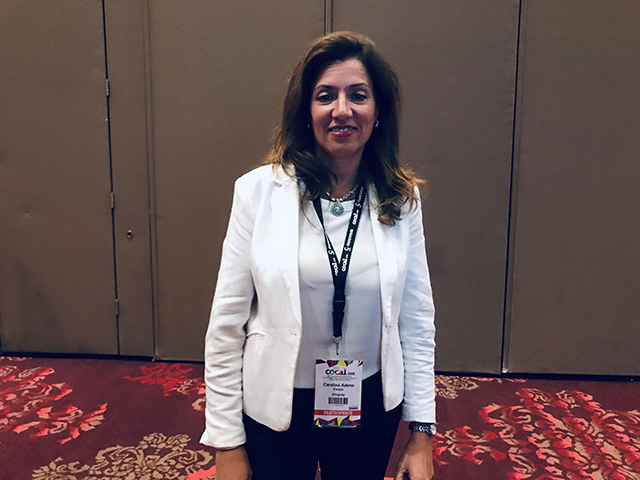
Carolina Adano
“MICE professionals ought to remember that positioning a destination, regardless of any international scandal that may affect said destination’s image or not, is a long-term project. Conventions are planned well in advance and are not the result of short-term efforts. This is the reason it is also difficult to create awareness among the public sector and the general public, but cities or countries that have been persistent at this have been able to witness growth. We are talking about a mission that is sustainable in time and includes various stages, such as attraction (which implies knowing the destination’s strengths and weaknesses) and the achievement of international positioning through the launch of specific marketing campaigns in various media outlets and locations that will create awareness in the minds of the international market. “Panama has all it takes to grow, such as its excellent aerial connectivity, its close proximity to large MICE markets, such as the US, and its capital city with its first-class infrastructure”. Carolina Adano, Gerente General de FIEXPO Latinoamérica, Uruguay.
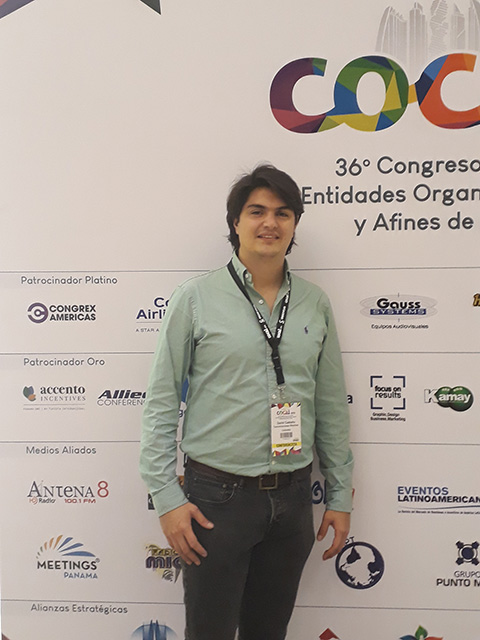
David Castaño 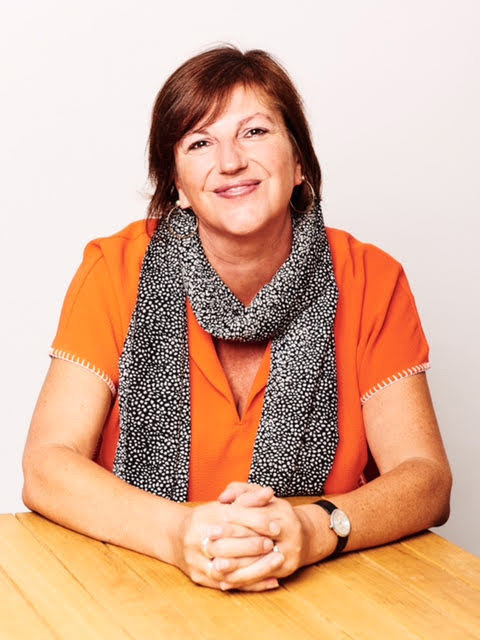
Heather Gough
“How can your country overcome the ‘Panama Papers’ effect? I believe Panama can leverage from the way Colombia has been doing things for the past few years. Over a decade ago, to simply mention our nationality to a foreigner was often the cause of rejection, but then we started to do things properly by showing consistency in our national-brand campaigns. During the last 12 years, we have participated in every international trade fair with the presence of businessmen and the government sector, and are now enjoying a much more positive image which has changed the outcome of our conversations with foreigners. Currently, everybody wants to come to Colombia, and foreigners nowadays actually know more positive aspects of our cities. We are now reaping the benefits of hard work!”. David Castaño, Presidente of Asociación Colombiana de Operadores y Proveedores de Eventos (Asoeventos), Colombia.
“In order to capture the European/British MICE market, Panamanian professionals need to be aware of European standards with regard to time. Europeans have the concept that in Latin America it is all about ‘mañana’. The British, for example, want everything to run on time. Things here don’t always run on time…which is something you need to work on in order to avoid activities running one or two hours late. Panama is doing well in promoting itself, but the country needs to work stronger in promoting its new convention venues as well. “This is an outstanding country, especially when it comes to its Canal, its logistics sector, and the city’s modern infrastructure, but the rest of the world is not aware of the fascinating place called Panama beyond the Canal”. Heather Gough, Directora de Ventas – IMEX, Reino Unido.
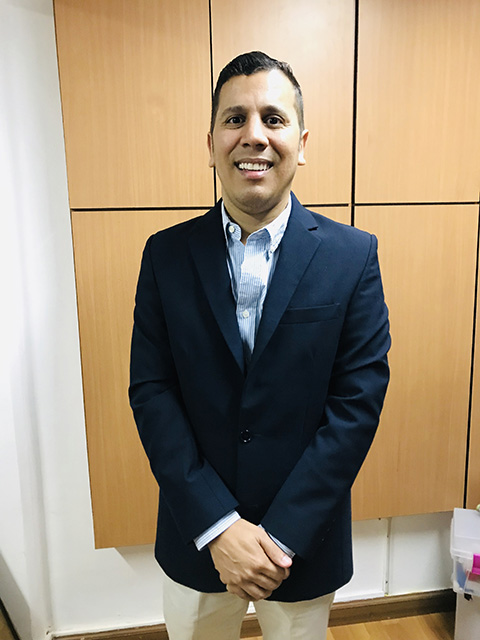
Armando Rodríguez 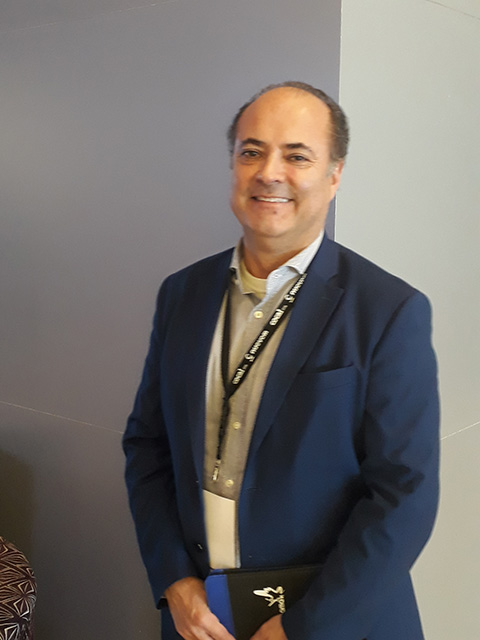
Carlos de Sebastian
“I am concerned that, in order to launch such an important MICE-industry conference such like this year’s Cocal turned out to be, an invitation was made to attract various types of people, such as students, executives, and professionals, but attendance was relatively low. This is part of a worldwide phenomenon not exclusive to Panama, but that promotes apathy and a lack of desire for learning new things. Abin Rosales, Director Comercial de Megapolis Convention Center
“In order to conquer the Europan market, Latin Americans ought to identify which letters in MICE they are capable of covering. Although it is true that the MICE industry is quite profitable in general terms, each destination has very particular strengths and weaknesses, a fact that prompts us to be realistic in this regard. “With regards to the participation of locals at Cocal, I have noticed a certain level of informality, despite the presence of world-class keynote speakers. Low attendance was quite notorious, especially in the morning and late-afternoon presentations”. Abin Rosales, Director Comercial de Megapolis Convention Center
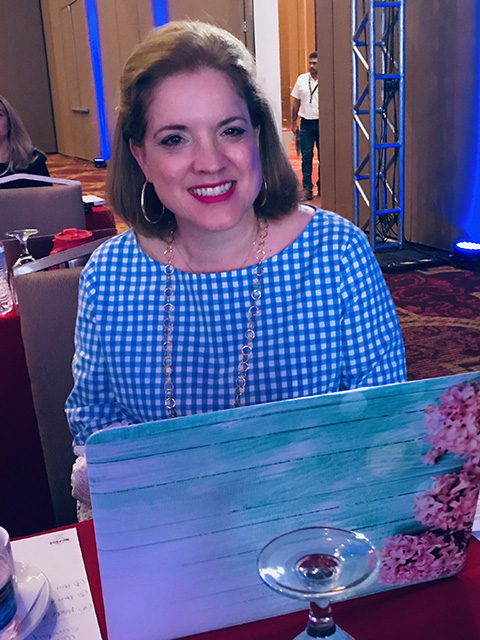
Ana María Vizcacillas 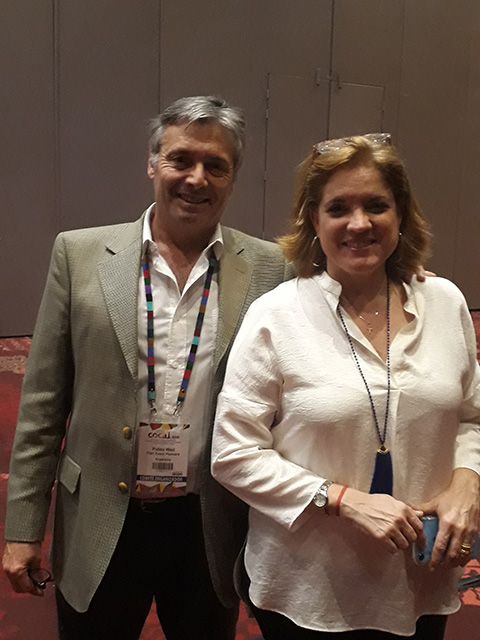
Pablo Weil y Ana María Vizcacillas
“We are very happy for having been able to carry out the Congress in Panama, where a great effort was made to present an academic program that would cater to the needs of Panama and Latin America. We were able to bring a number of renowned keynote speakers, and are convinced that the mission was accomplished”. Ana María Viscacillas, Vicepresidenta de Cocal, Puerto Rico
“As in every other event, some expectations were met while others, were not. Academically speaking, we had an excellent congress with keynote speakers who love and know Latin America”. Pablo Weil, presidente de Cocal, Argentina









































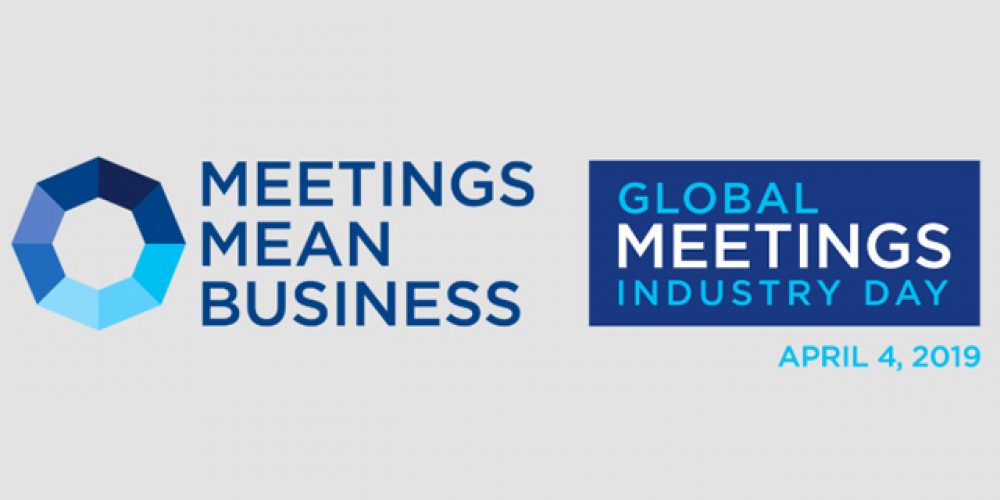





































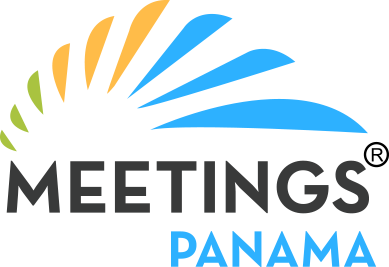
Comments 0